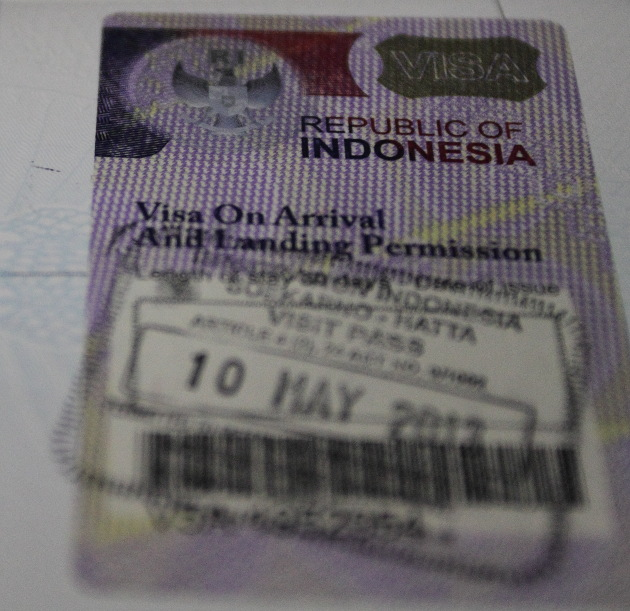The global onslaught of COVID-19 has led nations worldwide to reevaluate and adapt their visa policies in response to the ever-changing landscape of the pandemic. Indonesia, a country renowned for its enchanting islands, vibrant culture, and warm hospitality, was no exception. The Indonesian government swiftly enacted modifications to its visa regulations to safeguard public health while attempting to sustain its vital tourism sector. This article delves into the significant impacts of COVID-19 on Indonesia’s visa policies, with a particular focus on visa extension Bali and the critical role of visa agents in Bali.
Indonesia’s Visa Policy Adjustments Amidst COVID-19
As COVID-19 cases began to surge, Indonesia implemented stringent measures by temporarily suspending visa-free travel and visa-on-arrival services for tourists, a significant shift from its pre-pandemic welcoming stance. This move aimed to control the virus’s spread by limiting international travel. However, recognizing the need to support foreign nationals stranded due to travel restrictions, Indonesia introduced an emergency visa extension policy. This policy was crucial for those unable to return to their home countries amid flight cancellations and border closures.
The Surge in Demand for Visa Extensions in Bali
Bali, Indonesia’s tourism jewel, witnessed a significant uptick in demand for visa extensions. Many travelers who had come for short-term visits found themselves in a quandary as the pandemic elongated their stay. The Indonesian government’s decision to allow visa extensions was a relief to many, providing them a legal means to extend their stay without facing penalties. This process, however, was not without its challenges. The sudden surge in applications led to processing delays and confusion among applicants about the new regulations.
Visa Agents in Bali: Navigating the Complexities
The complexities and constant changes in visa policies during the pandemic highlighted the importance of professional visa agent Bali. These agents became indispensable for many foreigners, offering guidance through the intricate process of securing visa extensions. With their in-depth knowledge and expertise, visa agents in Bali assisted clients in navigating the bureaucratic hurdles, ensuring compliance with the updated regulations, and avoiding common pitfalls that could lead to application rejections.
The Role of Technology and Online Platforms
The pandemic also accelerated the adoption of digital solutions in visa processing. Recognizing the need to minimize physical interactions, the Indonesian immigration authorities introduced online platforms for visa applications and extensions. This shift towards digitalization not only streamlined the process but also made it safer for both applicants and immigration officials.
Looking Forward: The Future of Indonesia’s Visa Policies
As the world gradually recovers from the pandemic, the question remains on how Indonesia’s visa policies will evolve. The tourism industry, particularly in Bali, eagerly awaits more permanent adjustments that could facilitate easier travel while ensuring health and safety. The experiences gained and lessons learned during the pandemic are likely to influence future policy-making, potentially leading to more resilient and adaptable visa regulations.
In conclusion, COVID-19’s impact on Indonesia’s visa policies has been profound, prompting significant adjustments to accommodate the unique challenges posed by the pandemic. The importance of visa extensions in Bali and the invaluable assistance provided by visa agents in Bali have been underscored during these trying times. As Indonesia and the world at large navigate the path to recovery, the evolution of visa policies will continue to play a critical role in balancing public health concerns with the economic imperative to revive international tourism.








